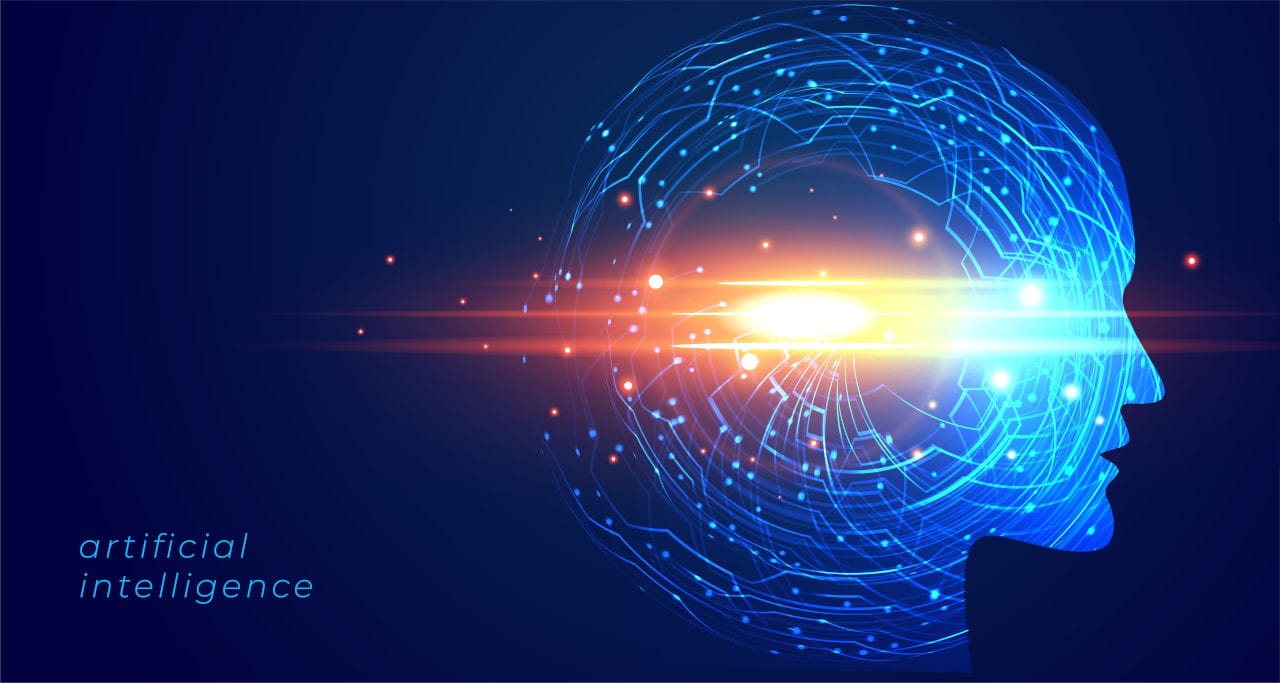Most popular AI tools, services, and orgs

Artificial Intelligence (AI) has been one of the fastest growing areas in recent years, with a wide range of tools and organisations making it accessible to individuals and businesses alike. In this article, we'll explore some of the most popular AI tools and organisations that are currently available.
TensorFlow
Developed by Google, TensorFlow is one of the most popular and widely used AI tools in the world. TensorFlow is an open-source library that is used for creating and training neural networks for a variety of applications such as image and speech recognition, natural language processing, and more. TensorFlow is designed to work on a variety of platforms, including desktops, servers, and mobile devices.
Apps/services using TensorFlow:
- Google Photos: Uses TensorFlow to automatically organise and search photos based on their content.
- DeepDream: A neural network art project that uses TensorFlow to create psychedelic images from photos.
PyTorch
Another popular open-source library for deep learning is PyTorch. Developed by Facebook, PyTorch is known for its ease of use and flexibility. It is used in a wide range of applications, including computer vision, natural language processing, and reinforcement learning.
Apps/services using PyTorch:
- Facebook AI Research (FAIR): Uses PyTorch to develop state-of-the-art models for computer vision and natural language processing.
- Detectron2: An open-source object detection library built on top of PyTorch.
Keras
Keras is a high-level neural networks API that is designed to be user-friendly and easy to use. Developed by François Chollet, Keras can be used with either TensorFlow or Theano as a back-end. Keras is popular among beginners because it allows users to quickly build and test models without requiring a deep understanding of the underlying algorithms.
Apps/services using Keras:
- PlaidML: A library that allows Keras to run on a wide range of hardware, including AMD and Intel GPUs.
- Deep Learning for Computer Vision with Python: A book that uses Keras to teach readers how to build and train deep learning models for image recognition.
OpenAI
OpenAI is a research organisation that focuses on developing advanced AI models and tools, and making them available to the public. OpenAI has developed a number of powerful tools, including GPT-3, a language model that can generate text that is virtually indistinguishable from that written by a human.
Apps/services using OpenAI:
- GPT-3 Playground: An online tool that allows users to experiment with GPT-3's language generation capabilities.
- OpenAI Gym: A toolkit for developing and comparing reinforcement learning algorithms.
- OpenAI API: Is a language processing API that allows developers to easily integrate natural language understanding and generation into their apps.
IBM Watson
IBM Watson is a cloud-based platform that provides a wide range of AI tools and services, including natural language processing, speech-to-text, text-to-speech, and more. Watson is designed to be accessible to non-technical users, and it provides a range of APIs and tools that can be used to build custom applications.
Apps/services using IBM Watson:
- Watson Assistant: A tool for building conversational interfaces for websites, apps, and devices.
- IBM Watson Studio: A platform for building, training, and deploying machine learning models.

Google Cloud AI Platform
The Google Cloud AI Platform is a suite of tools and services that are designed to make it easy for businesses to incorporate AI into their operations. The platform includes tools for data preparation, model training, and deployment, as well as APIs for natural language processing, speech recognition, and more.
Apps/services using Google Cloud AI Platform:
- Cloud Vision API: An API for integrating image analysis into applications.
- AutoML: A suite of tools for building custom machine learning models without requiring expertise in the underlying algorithms.
Scikit-learn
Scikit-learn is a Python library that provides tools for data analysis, machine learning, and statistical modeling. Scikit-learn is widely used for a variety of tasks, including image recognition, natural language processing, and data mining.
Apps/services using Scikit-learn:
- Yellowbrick: A visualization library for machine learning that works with scikit-learn models.
- Kaggle Competitions: A popular platform for data science competitions that often use scikit-learn models.
Apache Spark
Apache Spark is an open-source distributed computing system that is used for big data processing and machine learning. Spark is designed to be fast and scalable, and it can be used to analyze large datasets in real time.
Apps/services using Apache Spark:
- Databricks: A cloud-based platform that makes it easy to build and deploy Spark-based applications.
- MLlib: A library of machine learning algorithms built on top of Spark.
Theano
Theano is a Python library that is used to build and train deep learning models. Theano is known for its efficiency, and it can be used to train models on both CPUs and GPUs.
Apps/services using Theano:
- Keras: While Keras is a separate tool, it was originally built on top of Theano.
- Pylearn2: A deep learning library built on top of Theano.
Caffe
Caffe is a deep learning framework that is designed to be fast and scalable. Caffe is widely used for image classification and other computer vision tasks.
Apps/services using Caffe:
- BVLC Reference Models: A set of pre-trained models for computer vision tasks, built using Caffe.
- DIGITS: A web-based tool for building and training deep learning models, built on top of Caffe.
